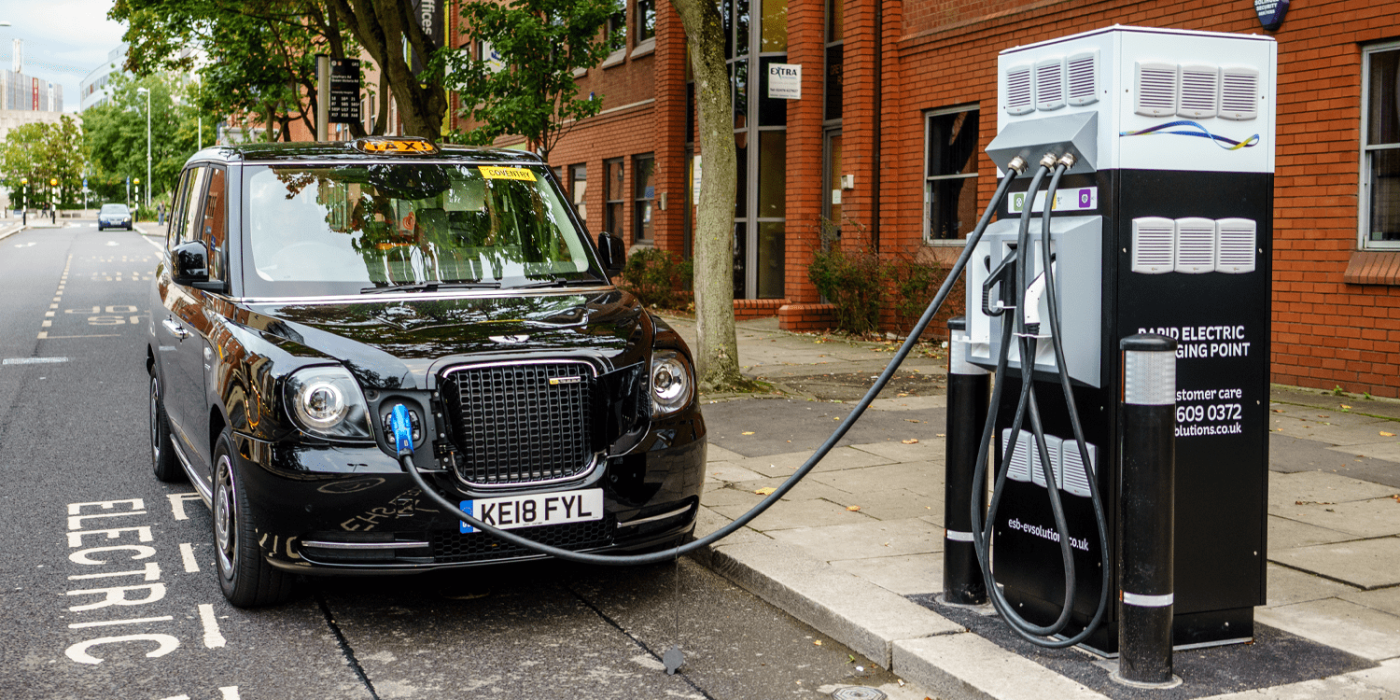UK to invest £30 million into battery technology
In order to support research into battery technology, the British government will support the BEV and FCEV supply chains with over £30 million of UK government funding. A total of 22 studies will receive a share of £9.4 million in order to research and develop different aspects of the EV battery economy.
The various research projects include proposals to build a plant in Cornwall that will extract lithium for use in electric vehicle batteries, a plant to build specialised magnets for electric vehicle motors in Cheshire and lightweight hydrogen storage for cars and vans in Loughborough. In total, funding in the value of £9.4 million of government funding is being provided for 22 studies to “develop innovative automotive technology”.
In addition to the numerous battery- and fuel cell-related projects, the government-backed Faraday Institution is also receiving a sum of £22.6 million to continue its work to further improve the safety, reliability and sustainability of batteries. To be precise, battery safety will be analyzed, and hopefully improved, by investigating the root causes of cell failure in lithium-ion batteries and how this can lead to fires. The environmental consequences of such fires will also be investigated, in order to help develop improved methods of fighting lithium-ion battery fires and containing their consequences. Additionally, analysis of solid-state batteries will also take place, as they “have the long-term potential to deliver improvements in safety and significantly increase the distance an electric vehicle can cover between charges
recycling and reusing batteries to increase the sustainability of the future automotive supply chain”.
In addition, the Faraday Institution will also examine the use of batteries on the energy grid and for aerospace. Further, “the government is committed to advance the UK’s future transport system through its extensive R&D Roadmap and to increase economy-wide R&D investment to 2.4% of GDP by 2027.”
This investment is planned to help pave the way for the UK’s planned exit from pure combustion technologies in 2030. UK Minister for Investment, Gerry Grimstone said: “We have set an ambitious target to phase out the sale of new petrol and diesel cars by 2030. To support that it is crucial we invest in research so we can power ahead with the shift to electric vehicles as we build back greener from the pandemic.”
The specifics of the funded projects are aimed to explore different areas of the EV supply chain and economy. Cornwall will be taking a look at the feasibility of developing a sustainable UK supply chain through the construction of an extraction plant that will produce low-carbon lithium hydroxide from a hard rock source in St Austell. In Cheshire, the Less Common Metals study will analyse “a promising approach to create a new UK magnet plant that will produce high-quality lightweight magnets for motors in electric vehicles.”
The third major project is being undertaken by Haydale Composites Solutions Ltd and looks at hydrogen storage for vehicles in Loughborough. The idea is that storing hydrogen requires high-strength durable containers for safe operation in vehicles, so this project will assess the suitability of Haydale’s storage tank for hydrogen propulsion purposes.





0 Comments